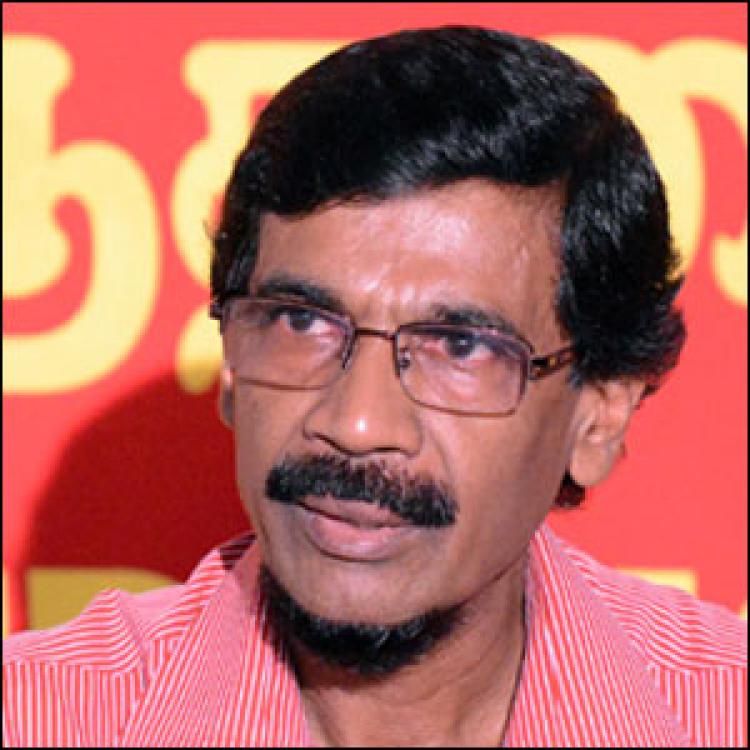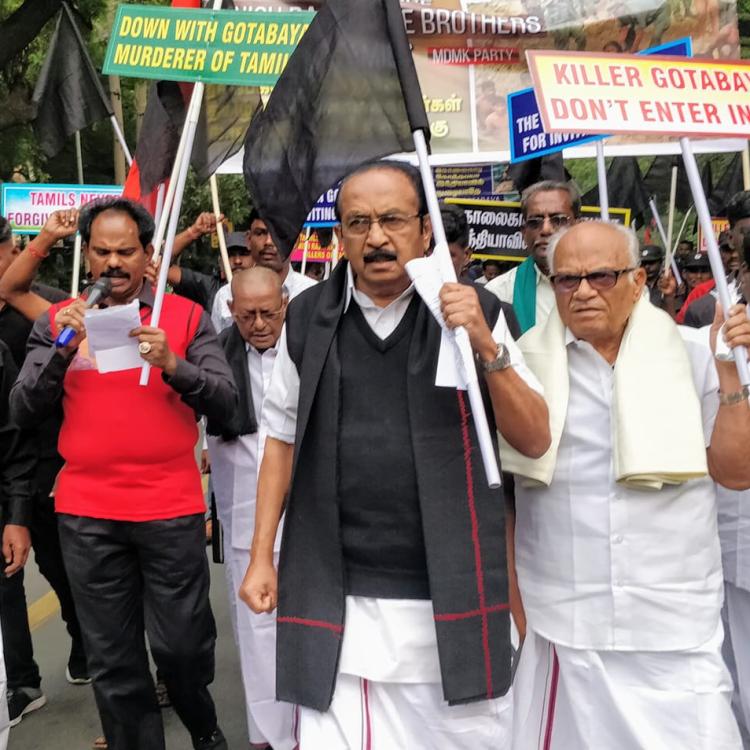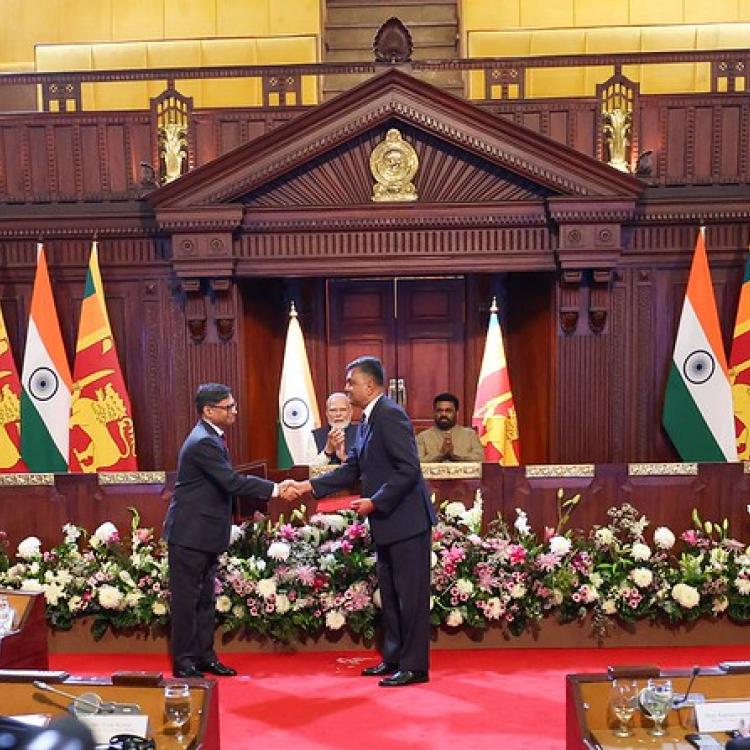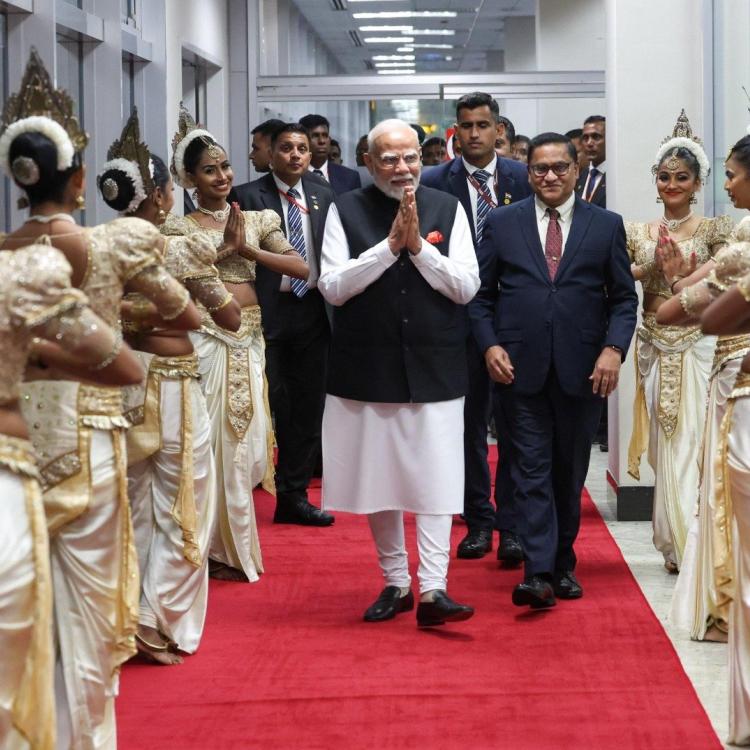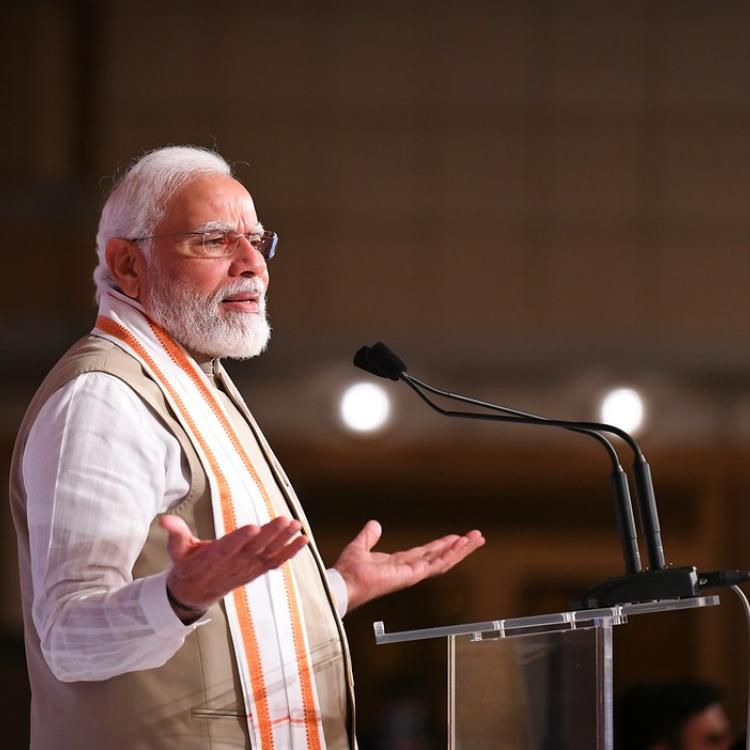.jpeg)
Sri Lanka's Cabinet Spokesman and Minister of Media and Health, Nalinda Jayatissa, has said that the government cannot unilaterally disclose the contents of a recently signed Defence Cooperation Memorandum of Understanding (MoU) with India without mutual consent from New Delhi.
The agreement was signed during Indian Prime Minister Narendra Modi’s visit to Colombo.
Responding to questions from journalists at a post-Cabinet media briefing on Tuesday, Jayatissa said, “On certain contents, we need mutual agreement to disclose the information.”
He added that while the MoU will eventually be submitted to parliament, it will take time. “These are only Memorandum of Understanding. We will disclose about them to the parliament in the future,” he said. “If it is difficult to wait, some of the information could be requested through the Right to Information (RTI) Act.”
.jpeg)
Requests for information submitted under the RTI Act to the Ministry of Foreign Affairs have so far been deflected. The Ministry’s designated RTI officer told EconomyNext that the contents of the Defence Cooperation MoU “do not fall under the purview” of the ministry.
Jayatissa attempted to downplay concerns about transparency, stating that the agreements were formulated responsibly. “They are not decisions taken by politicians collectively. Respective ministries, AG Departments, all the related institutions are consulted and discussed in length for months… Based on consensus after all these, we have arrived at these MoUs,” he said. He also noted that “next steps are going to be taken based on these MoUs,” including the establishment of new mechanisms for implementation.
.jpeg)
.jpeg)
The lack of transparency has drawn criticism from various quarters. The Frontline Socialist Party (FLSP), a breakaway faction of the Janatha Vimukthi Peramuna (JVP), has been particularly vocal. FLSP Chief Secretary Kumar Gunaratnam questioned the government's motives, suggesting that the agreements could lead to increased Indian influence over Sri Lankan assets, including ports and oil tank farms. He warned that Sri Lanka might become entangled in regional geopolitical tensions involving India, the US, and China.
The FLSP has filed RTI applications seeking details of the agreements signed during Modi's visit, which reportedly encompass sectors such as energy, digital identity, and pharmaceuticals. FLSP Education Secretary Pubudu Jayagoda expressed concerns that these agreements could “compromise Sri Lanka's sovereignty and economic independence”.
.jpeg)
.jpeg)
As Modi visited Colombo, the FSLP protested against his trip and the agreements signed.
Further criticism came from staunch Sinhala nationalist and former Navy Chief of Staff, Rear Admiral Sarath Weerasekera, who questioned whether the MoU influenced the cancellation of a planned joint naval exercise with Pakistan.

